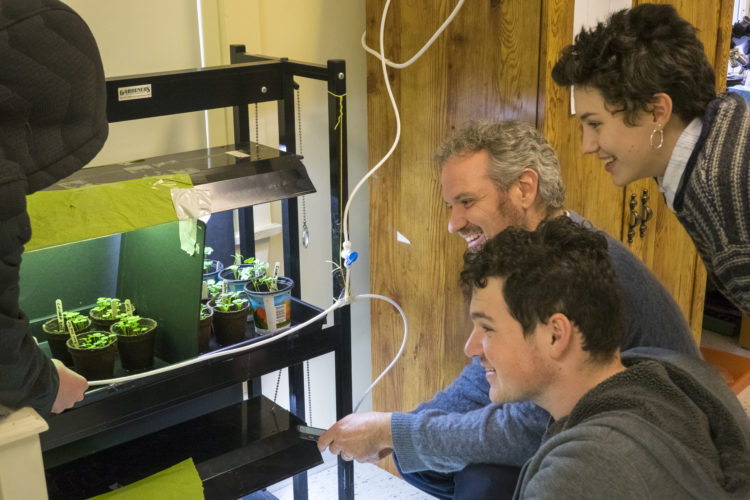
Picture a classroom of engaged learners working towards deep understanding. This is what many educators aspire to. We know that engagement and active processing are critical to learning that is meaningful1 and that persists over time.2 Who would want anything more?
The CoVID-19 Pandemic had a lot to teach us, but as educators, one lesson stands out; engagement is not enough. Interviews with teachers across the U.S. conducted by educational researcher and teacher, Sophie Rich, pointed to their realization that they need to teach their students something else.3 They must teach them to be effective learners and to have the agency to initiate and chart learning. In addition to being engaged learners, they must be agentive learners.
When teachers initially envisioned who would do well in remote learning, their visions mirrored who showed success in school. Teachers pictured students who dutifully followed along in Zoom sessions, always showed up at the correct times, were deeply engaged in what was being presented, and turned in completed assignments by the given deadlines.
What many teachers came to realize, however, was that students who were able to initiate and sustain interests, figure out learning paths, and assess where they are and where they might be going in their learning, were the ones who were most successful. These are the tendencies and skills of an agentive learner.
Interestingly, research shows that agentive learners don’t always play the “school game” well. They may be so interested in rocket design that they send a paper rocket across the classroom or forget to do their spelling. They may mentally drift off during a lecture because they are wondering what would happen if they could turn back time and change a key historical event.
Some of them may be able to “do school” well enough and fulfill the expectations there, even if they are disinterested. Others, however, end up being “students at risk.”